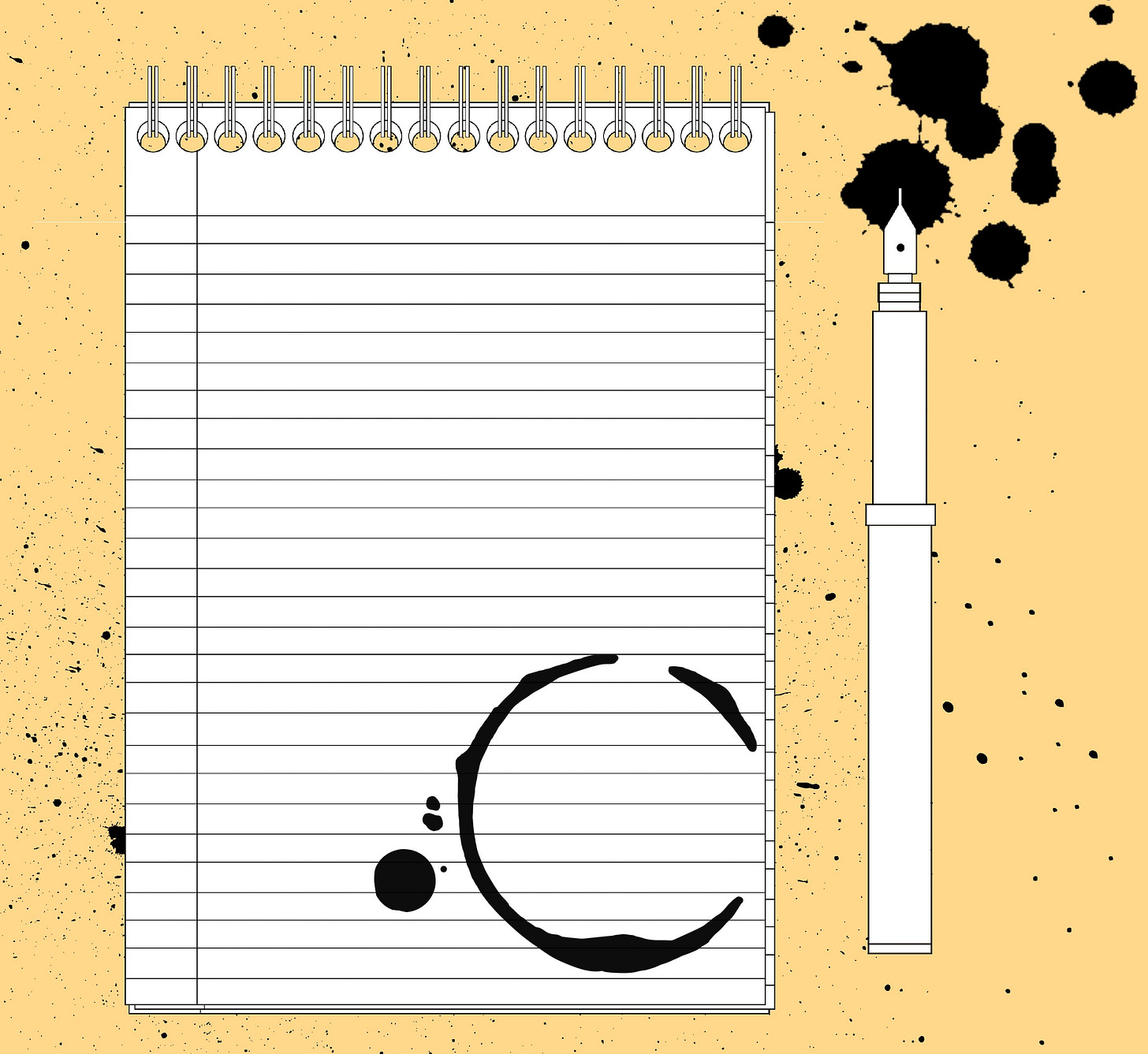Editing and revising are important steps in the writing process that can help you polish your work and make it more effective and as we’re all really nice here at Byker Towers we’ve put together a step-by-step guide for you.
Take a break: Before you start editing and revising, take a break from your work. This will help you come back to it with fresh eyes and a clear mind.
Read your work aloud: Reading your work aloud can help you catch errors in grammar, syntax, and punctuation. It can also help you identify awkward phrasing and other issues. This works particularly well with any dialogue.
Make a checklist: Create a checklist of common errors or issues you want to look for in your work. This might include things like spelling errors, punctuation errors, passive voice, repetitive phrasing, and unclear sentences.
Focus on one issue at a time: When you start editing and revising, focus on one issue at a time. For example, you might start by looking for spelling errors, then move on to punctuation errors, and so on.
Cut unnecessary words: Look for words or phrases in your work that are unnecessary or redundant. Cutting these can help streamline your writing and make it more concise.
Use active voice: Passive voice can make your writing sound less engaging and less clear. Whenever possible, use active voice to make your writing more direct and engaging.
Vary sentence structure: Varying sentence structure can help keep your writing interesting and engaging. Try mixing up your sentence lengths and structure to keep your reader engaged.
Get feedback: Finally, once you’ve finished editing and revising, get feedback from someone else. A fresh perspective can help you identify issues you may have missed and make your writing even stronger.
By following these steps, you can polish your work and make it more effective. Remember, editing and revising are essential steps in the writing process that can take your writing to the next level.


